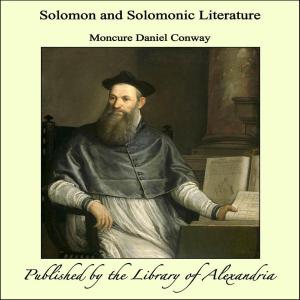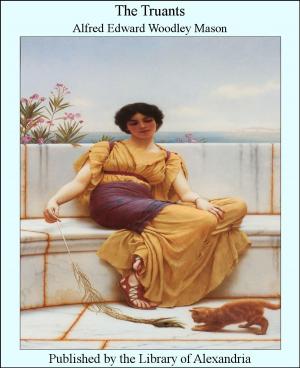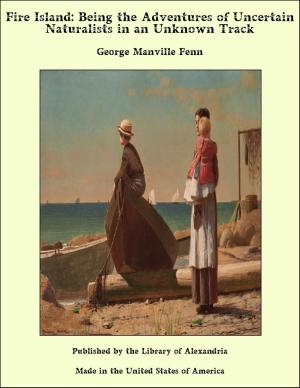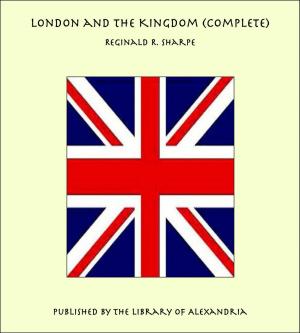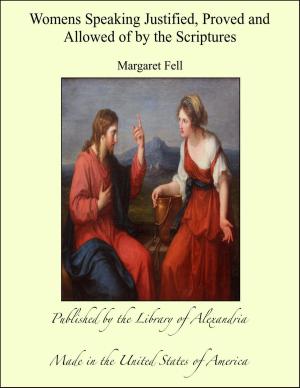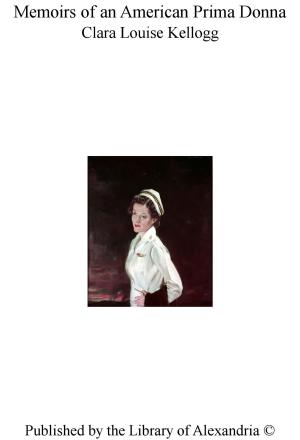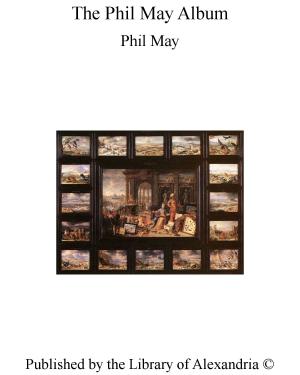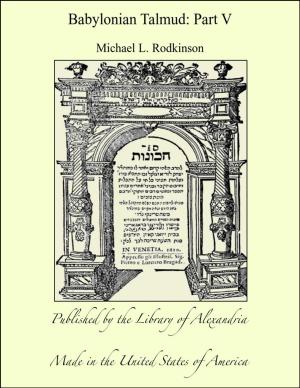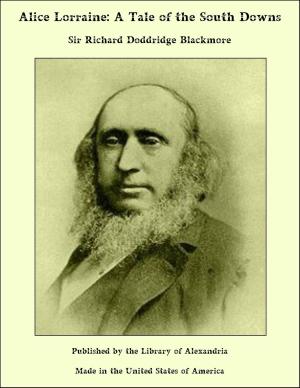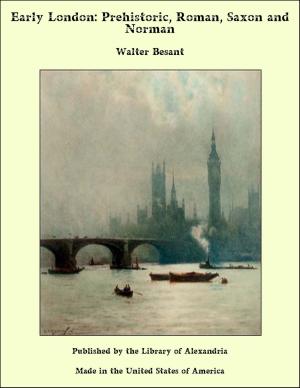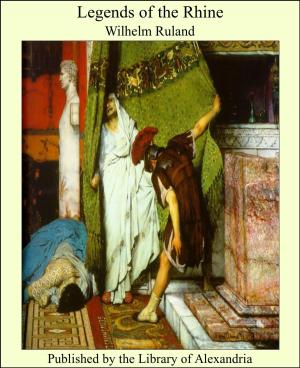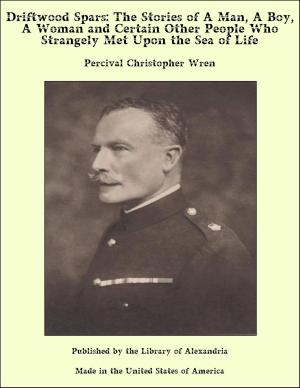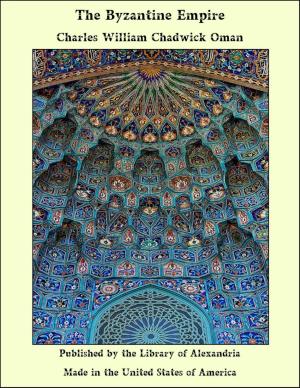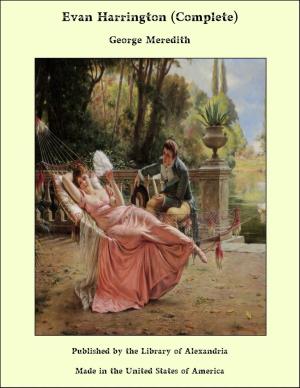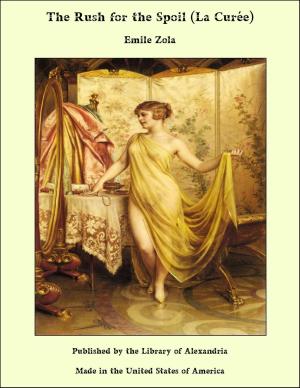The Legal Position of the Clergy
Nonfiction, Religion & Spirituality, New Age, History, Fiction & Literature| Author: | P. V. Smith | ISBN: | 9781465602640 |
| Publisher: | Library of Alexandria | Publication: | March 8, 2015 |
| Imprint: | Language: | English |
| Author: | P. V. Smith |
| ISBN: | 9781465602640 |
| Publisher: | Library of Alexandria |
| Publication: | March 8, 2015 |
| Imprint: | |
| Language: | English |
In the following pages an endeavour has been made to give a succinct sketch of the legal position of the parish clergy of the Church of England in respect both of spiritualities and of temporalities. The book, being intended for their use, does not touch upon the subject of ordination by which they acquired the status of deacons or priests. Nor does it deal with the episcopate or the non-parochial clergy, except so far as these subjects are connected with the parochial system. Like all other human arrangements, our English Church law is, of course, far from being ideally perfect. It may be safely affirmed that there has never been either a Church or a State in which the law has actually been what it ideally ought to have been. It is important to recognise the difference between the two positions; for there has sometimes been a disposition on the part of individuals to confuse them, and to treat what they consider to be the ideal law, as if it were the actual law, and as if, as such, it demanded their loyal obedience. Such an attitude, whether in ecclesiastical or civil matters, is anarchical in its tendency; for it sets up private judgment instead of the constituted authority as the criterion of what ought or ought not to be done. It can only be justified where the actual law is absolutely inconsistent with the fundamental principles of morality or of Christian truth. The object of the present treatise is to state succinctly what the law is,—not what it ought to be; and no opinion is expressed or suggestion offered as to points in which amendment would be proper or expedient.
In the following pages an endeavour has been made to give a succinct sketch of the legal position of the parish clergy of the Church of England in respect both of spiritualities and of temporalities. The book, being intended for their use, does not touch upon the subject of ordination by which they acquired the status of deacons or priests. Nor does it deal with the episcopate or the non-parochial clergy, except so far as these subjects are connected with the parochial system. Like all other human arrangements, our English Church law is, of course, far from being ideally perfect. It may be safely affirmed that there has never been either a Church or a State in which the law has actually been what it ideally ought to have been. It is important to recognise the difference between the two positions; for there has sometimes been a disposition on the part of individuals to confuse them, and to treat what they consider to be the ideal law, as if it were the actual law, and as if, as such, it demanded their loyal obedience. Such an attitude, whether in ecclesiastical or civil matters, is anarchical in its tendency; for it sets up private judgment instead of the constituted authority as the criterion of what ought or ought not to be done. It can only be justified where the actual law is absolutely inconsistent with the fundamental principles of morality or of Christian truth. The object of the present treatise is to state succinctly what the law is,—not what it ought to be; and no opinion is expressed or suggestion offered as to points in which amendment would be proper or expedient.

